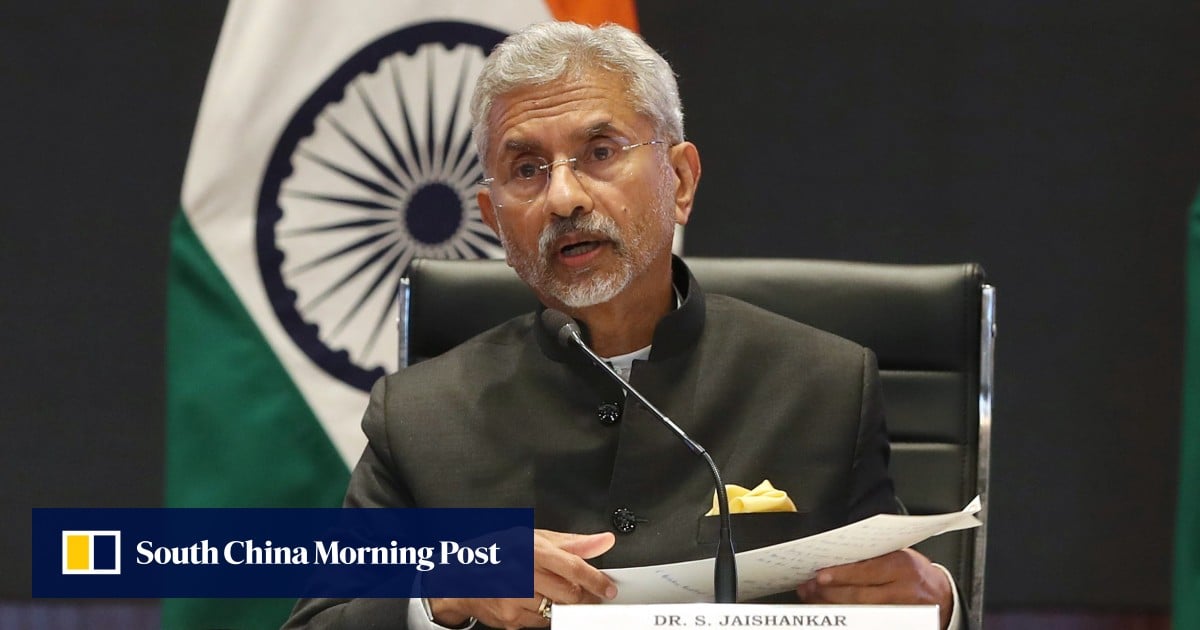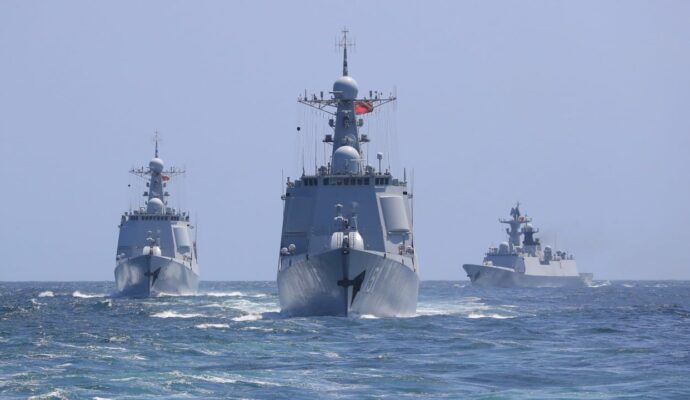
Beijing’s claims in the South China Sea centre on a nine-dash line surrounding several islands and waters of disputed sovereignty. The 2016 ruling in the Hague case rejected the legality of the nine-dash line. Beijing refused to accept the non-binding verdict.
For years India maintained a neutral stance on the issue. However, after deadly clashes along its own disputed border with China in 2020, it called the South China Sea a “part of global commons”.
Manalo on Wednesday described the Philippines’s territorial disputes with China as a “major challenge” in its ties with the Asian giant. But he added that the “differences we have with China are not the sum total of our relationship”.
Speaking at an event organised by the Indian Council of World Affairs, a New Delhi-based think tank, Manalo said negotiations among the claimants to establish a code of conduct for the South China Sea had been under way over the past four to five years.
“We may not be seeing light at the end of the tunnel, but we see the tunnel and that’s where we are,” said Manalo of the effort.
On Thursday, Jaishankar and Manalo pledged to continue working together in matters of defence. Manila said it would consider New Delhi’s offer of a concessional line of credit to meet its “defence requirements, acquisition of naval assets, and expansion of training and joint exercises on maritime security and disaster response”.
In addition, the two agreed to place an Indian defence attaché in Manila.
A joint statement from the White House said the two leaders “emphasised the importance of adherence to international law”, particularly as reflected in UNCLOS and the maintenance of freedom of navigation and overflight, including in the East and South China seas.
A mutual defence treaty ally of Washington, Manila in April announced it would allow the US army to gain access to four new bases on its territory. This took the total number of US military bases there to nine. Beijing responded by warning that a larger American military presence in the Philippines was “endangering regional peace”.
While the US does not have any territorial claims in the region, it asserts the right to innocent passage under its own freedom of navigation. Beijing has said Washington’s actions involving military ships and aircraft violate international law. The US is not a signatory to UNCLOS.


